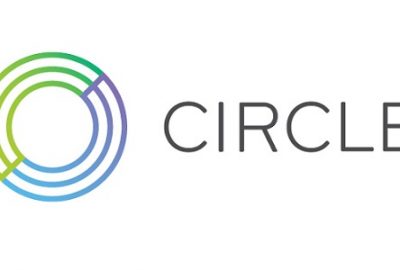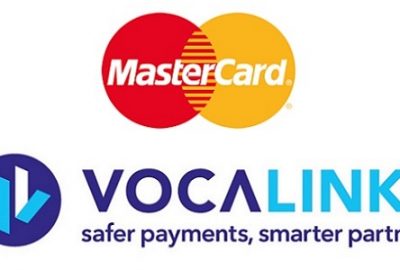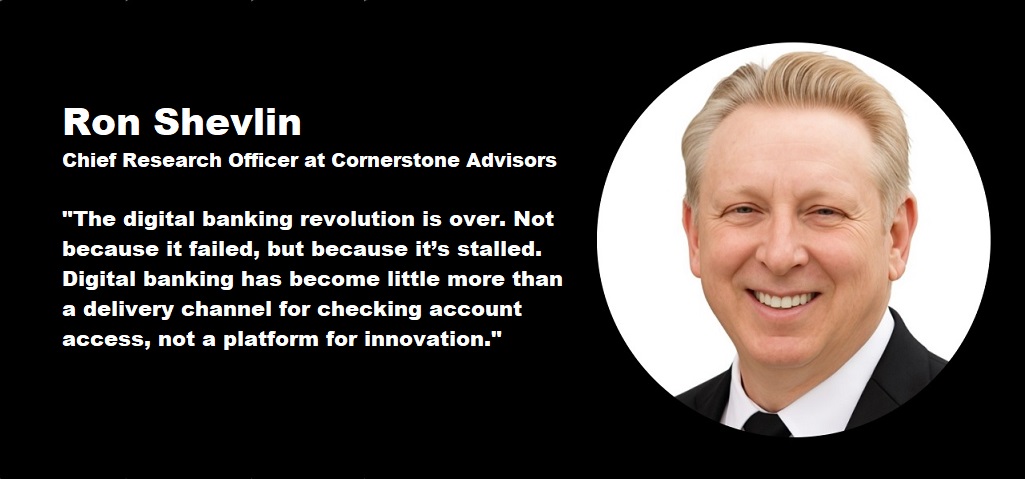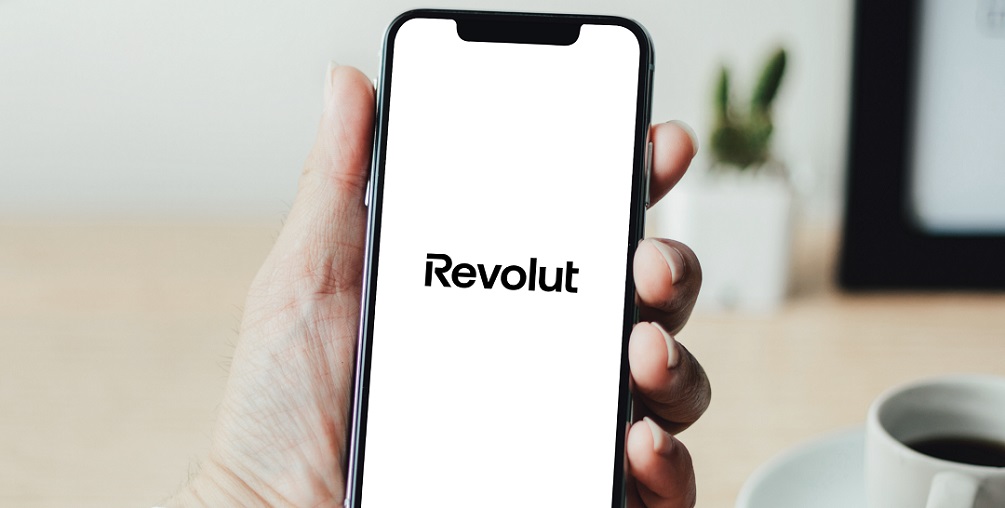Reuters – global Internet users manage finances (59%), shop (48%) and look for jobs (41%) online
 April 6, 2012 – Nearly six in ten Internet users around the world manage their finances online, according to a poll from Ipsos. The poll of 19,216 adults in 24 countries, carried out for Reuters, shows that nearly half of respondents have also bought something online, with 61% at least using the Web to research purchases. The UK and Germany has the highest percentage of online shoppers (74%), just ahead of Sweden, the US and South Korea.
April 6, 2012 – Nearly six in ten Internet users around the world manage their finances online, according to a poll from Ipsos. The poll of 19,216 adults in 24 countries, carried out for Reuters, shows that nearly half of respondents have also bought something online, with 61% at least using the Web to research purchases. The UK and Germany has the highest percentage of online shoppers (74%), just ahead of Sweden, the US and South Korea.
A majority of citizens in 24 countries who use the internet say they do so to check their bank accounts (59%), half (48%) shop for products online and four in ten (41%) have surfed to look for jobs in the last three months, finds a new poll by global research company Ipsos for Reuters News.
E-Banking Taking Hold
Six in ten (59%) citizens connected on the internet have used the web to ‘check bank account and other financial holdings’ in the last 90 days. The vast majority of Swedes (88%) are e-banking, as are three quarters in France (76%), Canada (75%), Australia (74%), Poland (74%), South Africa (74%) and Belgium (73%). Only one quarter of those in Mexico (23%) are shopping online, joined at the bottom of the list by Saudi Arabia (29%), Brazil (32%) and Argentina (36%).
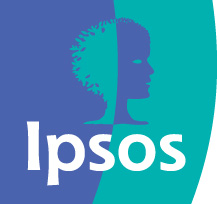 Shopaholics in the Virtual World
Shopaholics in the Virtual World
Half of online-connected citizens around the world have taken their shopping to cyberspace; 48% say they have used the internet in the past three months to ‘buy products/services online’. Even more (61%) use the web for the research phase, saying they ‘visit sites for info on products I am thinking of buying.’ Countries where online shopping has become the norm for online-connected citizens are among the world’s most developed countries: Germany (74%), Great Britain (74%), Sweden (68%), United States (65%) and South Korea (62%). Uptake of online shopping has been least strong in Saudi Arabia (21%), Mexico (23%), Hungary (26%) and Russia (28%).
The list is slightly different for those using the web to research products they wish to buy. Sweden (80%), Turkey (74%), Great Britain (71%), Indonesia (69%), South Korea (69%) and the United States (68%) lead on this measure, while Saudi Arabia (36%), Hungary (44%), Mexico (45%), India (53%) and Belgium (55%) round out the bottom of the list. Interestingly, even those countries at the bottom have meaningful proportions of internet surfers who use the web for researching products they want to buy.
Forget the Classifieds, Hit the Web
Four in ten (41%) of online global respondents have used the internet ‘to look for a job or search job (recruitment) sites’ in the last three months. Six in ten of those in Poland (61%), Hungary (58%), South Africa (57%) and Mexico (55%) have logged on to look for a job, while only 17% in Japan, 25% in South Korea and France, and 26% in Belgium have done so.
Demographic Profile
Those most likely to say they check their bank accounts online are online-connected global citizens who have a high household income (69%), high education (66%) and are between the ages of 50-64 (65%). Online shoppers are mostly high income earners (56%) and highly educated (55%), while those most likely to look for a job online have a low household income (48%), are under the age of 35 (47%) and are unmarried (45%).
Dariusz Mazurkiewicz – CEO at BLIK Polish Payment Standard
Banking 4.0 – „how was the experience for you”
„To be honest I think that Sinaia, your conference, is much better then Davos.”
Many more interesting quotes in the video below:



